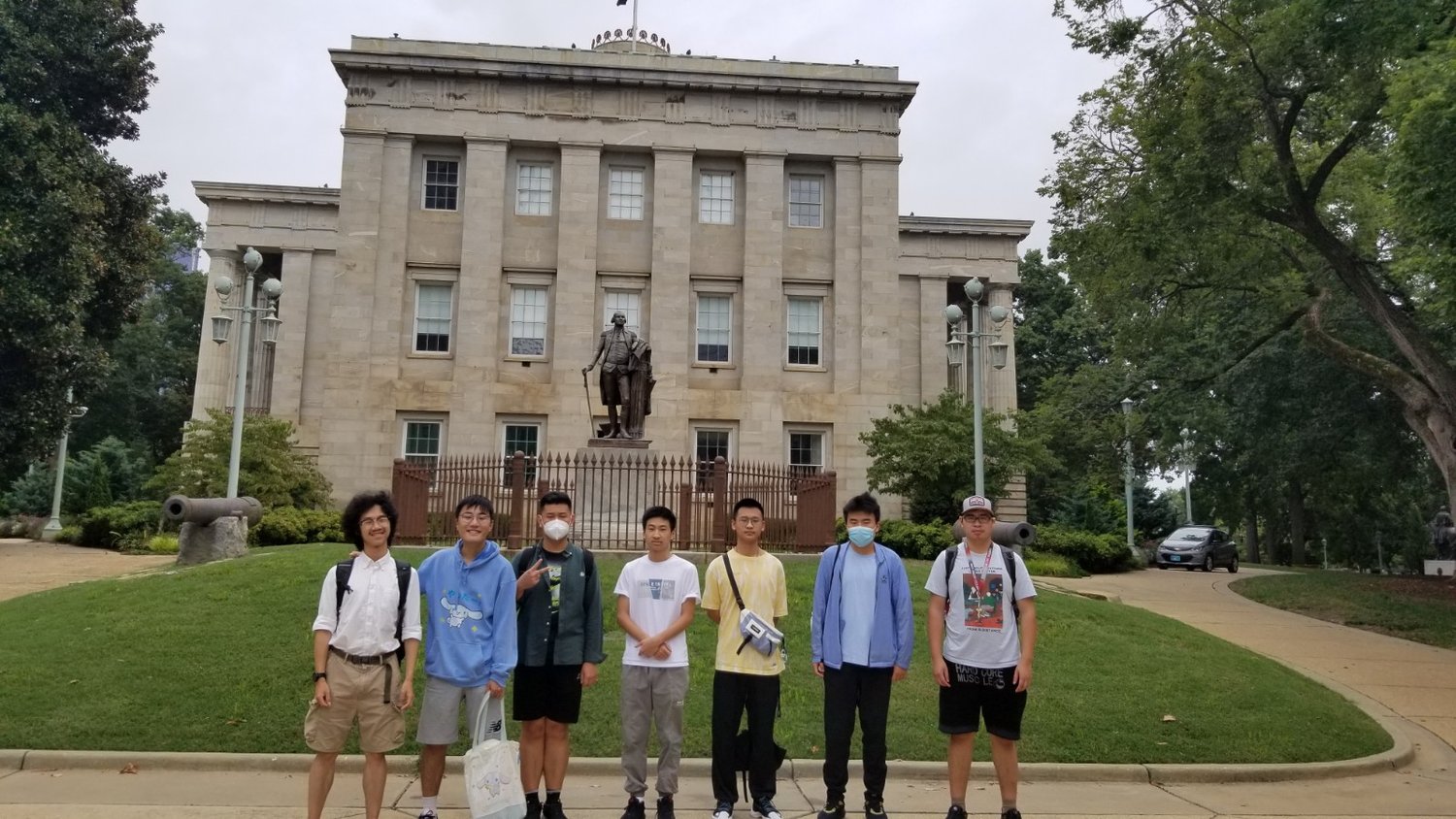Exploring one’s community and learning about its history is an important part of the integration process for international students. It also helps them develop their intercultural sensitivity as they identify and reflect on differences in their home and host cultures.
Our University Performance Program (UPP) students and Global Honors Program (GHP) students are already actively involved and learning about their new cities.
DOWNTOWN RALEIGH (UPP)
On September 10, UPP students took a short bus ride from the NC State campus to downtown Raleigh. There, they had a chance to explore the streets of downtown before making their first stop at the Capitol building where they observed many statues of fallen soldiers representing various US wars. The next stops were two North Carolina museums. At the Natural History museum, students observed exhibits of local animals, plants, wildlife, and minerals before heading to the Museum of History.
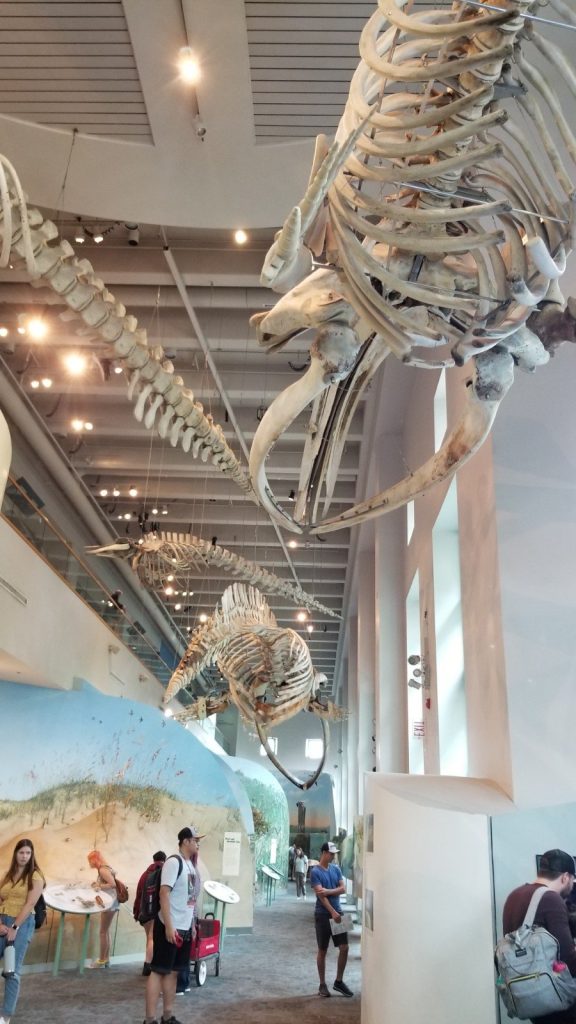
Later, everyone enjoyed lunch at the nearby Transfer Company Food Hall which had a variety of food options including empanadas, box lunches, salads, and hamburgers. Several students were delighted to drink Mexican Coca-Cola, made with real sugar and served in glass bottles!
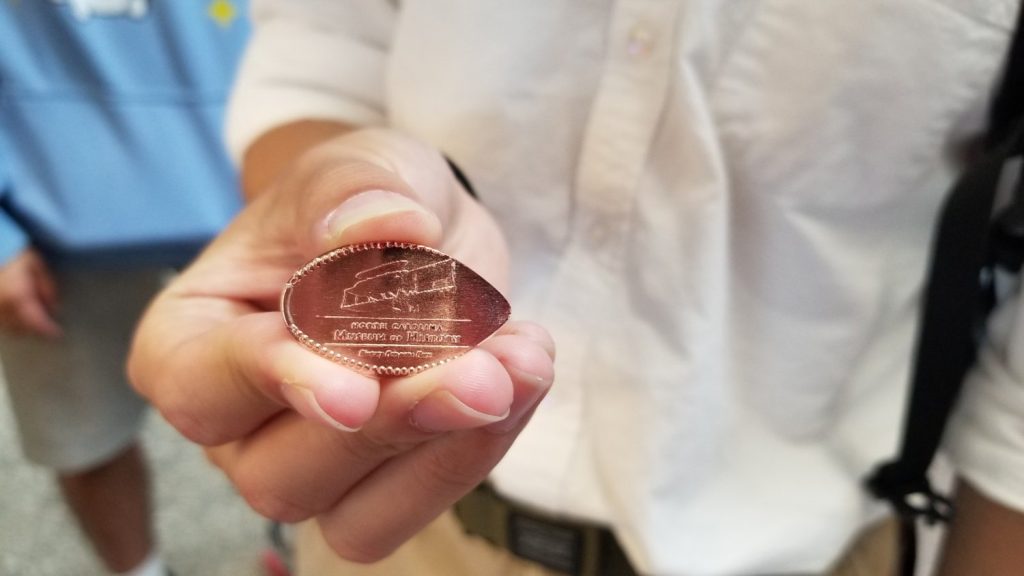
Learning about US history and food, along with the discussions that come with it, help the students develop their cross-cultural awareness and self-awareness. They identify things they connect with, admire, and even dislike – critical first steps in the acculturation process. One student commented that it was necessary to learn about history in order to form one’s own opinions.
CIVIL RIGHTS MUSEUM (GHP)
As one of several experiential learning trips, on September 2, 2022, GHP students visited the Greensboro Civil Rights Museum, location of the famous Woolworth sit-ins. Following a brief introduction to the civil rights concept and an introductory video, students undertook a self-guided tour, witnessing exhibits such as the original dining room where African American college students protested against the segregated lunch counter, the “Hall of Shame” and an authentic Ku Klux Klan robe and hood. As they toured throughout the displays, students and GHP staff considered present implications evolving from this difficult period in American history.
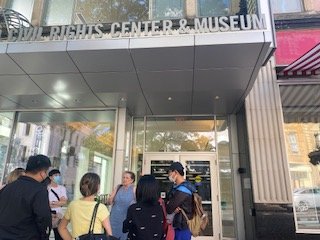
Following the exploration of the museum, over some pizza and chicken wings, students took time to reflect on their experience via short video recordings. One learner related how the stories and scenes of unequal education impacted her the most. She shared her desire to treat others equitably in her future leadership and career opportunities. In a later group advising session, another graduate student shared a recent incident on a bus where he encountered racial bias directed at him. This led to a discussion regarding how each might respond to ‘Asian hate’ should they encounter it.
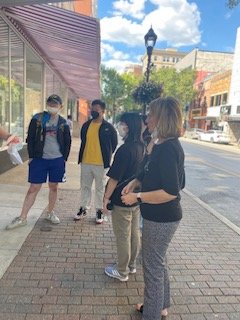
Engaging in authentic experiences and systematically reflecting upon them is a central tenet of the New Mind curriculum. When students have an opportunity to experience, reflect, analyze, and act, their learning is more meaningful, deep, and lasting. Ultimately, over the course of many experiences, the students will synthesize their learning and develop their own understandings and sense of purpose. How do they want to live in the world? What informs their opinions and goals? How will they make their communities, either in the US or at home, better for themselves and others? These are big questions, and UPP and GHP carefully build experiences and reflections to enable the students to answer them!




